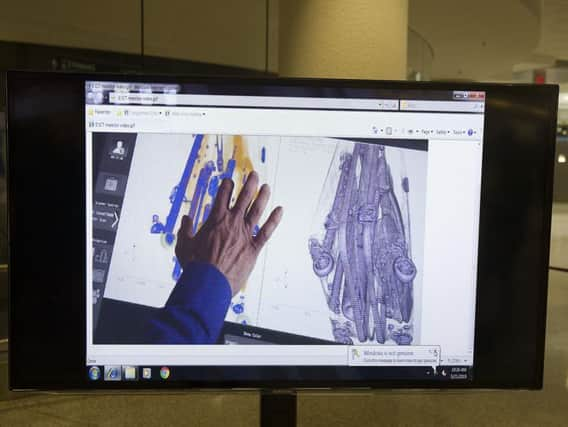Older people learn better when taught by humans rather than machines


People were slower and less accurate in a task when they thought they were interacting with a machine and not a human, the research found.
People changed their answers more, and were less likely to remember details an hour after the task was finished, when they believed instructions came from a computer.
Advertisement
Hide AdAdvertisement
Hide AdExperts say that finding out how older people learn computerised skills is important because many aspects of independent living revolve round this - from internet banking and shopping to re-ordering prescriptions.
Study looked at 24 people aged 60-85 years
The study also found people changed their answers more, and were less likely to remember details an hour after the task was finished, when they believed instructions came from a computer.
Researchers tested the problem solving skills of 24 older adults aged 60-85 years.
Participants were given spoken instructions and asked to arrange information and complete a task.
Researchers used a technique – known as the Wizard of Oz system – to create the illusion that the task they were performing was being set by either a computer or a person, when on both occasions they were in fact interacting with a human.
Experts say that people’s perception about who or what system they were working had a medium to large effect on people’s differences in performance.
Researchers say the findings help to understand better how efficiently and accurately older adults learn with new technology.
The study, which was carried out at the university’s school of philosophy, psychology and language sciences, may also aid the development of computerised systems to help and support older people.
Advertisement
Hide AdAdvertisement
Hide AdDr Catherine Crompton, of the university’s centre for clinical brain sciences, said the research could be used to make technology easier for people to learn and use.
"These findings suggest that beliefs affect how efficiently older people learn with technology, which could be taken into account when making technology systems user-friendly." - Dr Catherine Crompton
“An increasing number of systems to help older adults live independently depend on computerised activities, although little is known about how people interact with these systems and how they learn from them.
Dr Crompton added: “These findings suggest that beliefs affect how efficiently older people learn with technology, which could be taken into account when making technology systems user-friendly.”